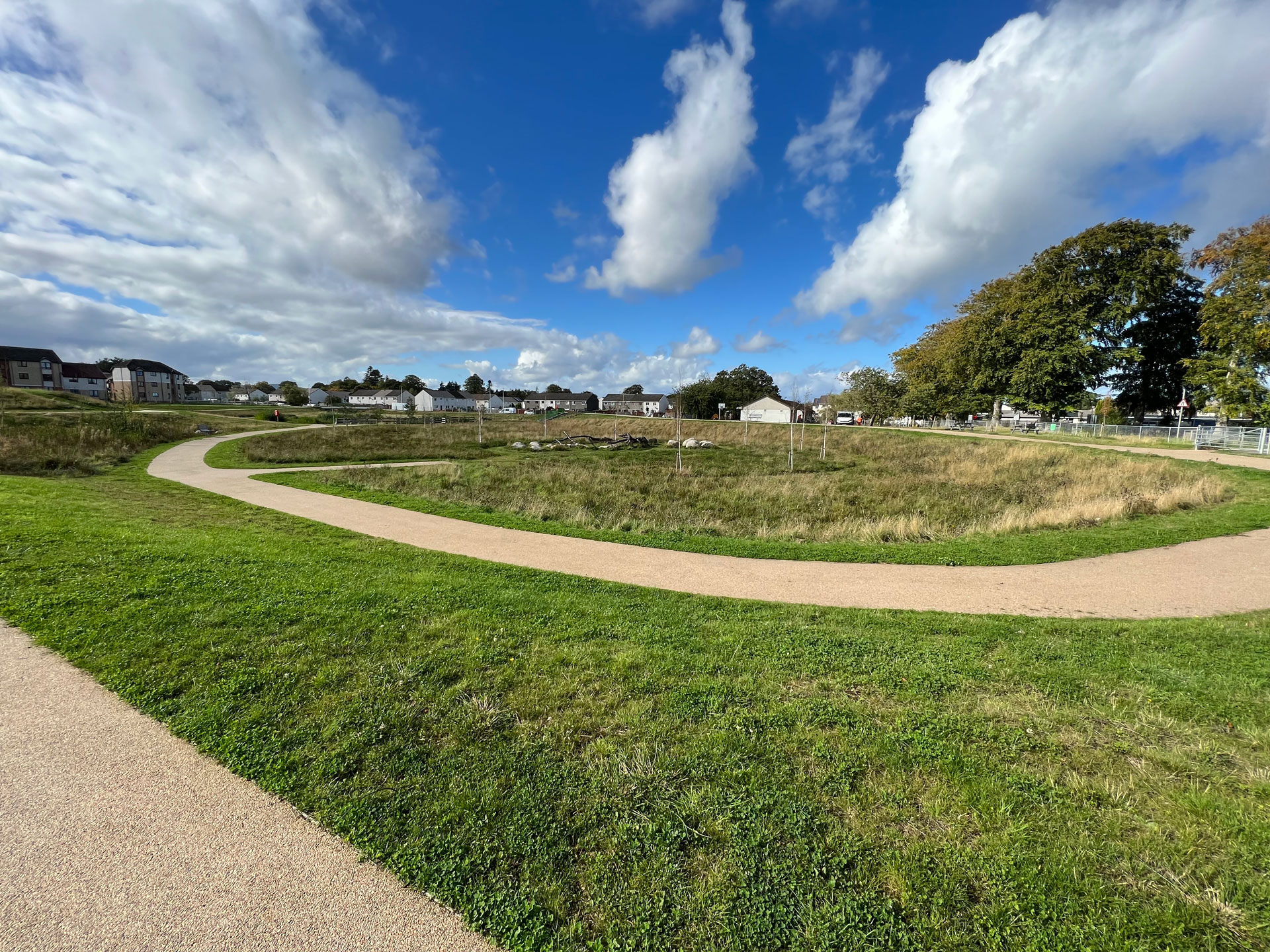Defining social value in a resilient future
At JBA, we define “social value” as the additional value that we create above and beyond the impacts of our day-to-day activities. It considers the lasting changes we create in social, economic and environmental wellbeing to the people we work with and the communities we serve.
Put simply, our social value approach is about a community-centred approach. It's built around working towards a more equitable society. If we explore the concept of this along with resilience, we can see a few common themes emerge:
Additionality:
Both social value and resilience aim to create broader and lasting benefits for society that extend beyond the fundamental nature of our projects. For instance, a flood alleviation scheme does not achieve maximum social value or resilience on its own; while it may provide some inherent value and contribute to building the community’s resilience, it is not sufficient by itself. However, by adopting a more holistic approach to our projects, we can enhance both social value and resilience by considering how to maximise the benefits beyond the core objectives of our work.
Legacy:
The delivery of social value and the pursuit of increased resilience aim to create long-term, lasting benefits. This involves generating outcomes that help society become more aware of risks, enabling individuals and communities to adapt and respond effectively while also recovering from challenges. These outcomes focus on enhancing social capital, human capital, natural capital, and the resilience of our assets, infrastructure, and systems. By delivering social value in our projects, we can significantly support the creation of enduring and broader benefits.
Responding to local need:
At JBA, our approach to both social value and resilience is centred around responding to local need and is rooted in a sense of place. We believe that positive outcomes are driven by a place-based approach, co-designed with local communities to ensure community stewardship and legacy. This is where a local needs assessment can be valuable, helping us to understand a specific community, their demographic, existing social networks and key priorities for increasing both wellbeing and resilience.
Taking an equitable approach:
Finally, we must take an equitable approach to both our delivery of social value and our initiatives to help increase resilience. This involves customising our approach and collaborating with communities and groups that need it most, to support the transition and ensure the resilience of the ‘whole of society’ to climate change.
How does social value support climate resilience?
We view our social value initiatives as an effective way to enhance climate resilience within our projects. The infographic below illustrates several examples of how we are incorporating social value into our work to support society's efforts to adapt to climate change.


Contact Lucy Formoy for more information.



